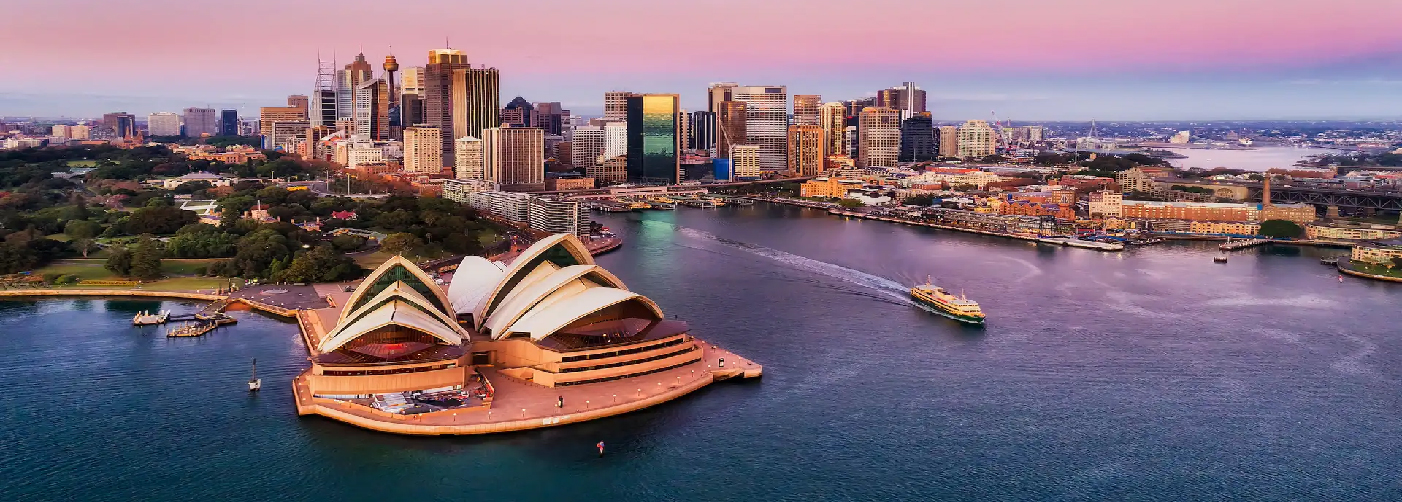- High-Quality Education: Portugal has a long history of academic excellence and many universities are ranked among the best in Europe. The country follows the Bologna Process, ensuring that degrees are internationally recognized.
- Affordable Tuition Fees: Portugal is one of the more affordable study destinations in Europe. The tuition fees for international students are lower than in many other European countries, making it an attractive option for students seeking quality education at a reasonable price.
- English-Taught Programs: Many Portuguese universities offer a variety of programs in English, especially at the master's and doctoral levels, making it an ideal choice for international students.
- Cultural and Historical Richness: Portugal offers a vibrant cultural experience with historical landmarks, diverse traditions, and beautiful natural landscapes, from stunning beaches to picturesque cities.
- Great Climate: Portugal enjoys a Mediterranean climate, with warm summers and mild winters, which makes it an appealing destination for many students.
- Access to the EU Job Market: As a member of the European Union (EU), studying in Portugal gives students access to the job market in the EU.
| Scholarships for International Students |
- Portuguese Government Scholarships: Available for students from non-EU countries, covering tuition fees and living expenses.
- Erasmus+ Scholarships: For students from EU countries who wish to study abroad in Portugal.
- University-Specific Scholarships: Many Portuguese universities offer scholarships to international students, including merit-based awards, tuition fee reductions, and grants for living expenses.
- Luso-American Development Foundation (FLAD) Scholarships: Aimed at students from Portuguese-speaking countries.
| Work Opportunities for International Students |
- EU/EEA Students: Can work without restrictions during their studies.
- Non-EU Students: Can work up to 20 hours per week during the academic year and full-time during university holidays.
- Hourly Wage: The average wage is around €4 – €7 per hour.
- Common part-time jobs include working in retail, cafes, restaurants, or as a research assistant.
-
Post-Study Work Visa: After completing a degree in Portugal, international students can apply for a temporary residence permit to look for a job. This visa is valid for up to 1 year.
-
Job Market: Portugal’s economy has been growing, with opportunities for graduates in fields such as IT, engineering, healthcare, business, and tourism. Many students find work within the country after graduation.
After finding a job, students can apply for a work permit or permanent residency.
|
- Engineering & Technology (Mechanical, Civil, Electrical, IT, etc.)
- Business, Management & Economics
- Computer Science & Artificial Intelligence
- Law & Political Science
- Social Sciences & International Relations
- Medicine & Healthcare
- Biology & Environmental Sciences
- Arts, Humanities & Design
| Cost of Studying in the portugal |
-
Tuition Fees:
- Bachelor’s Degree: €1,000 – €3,000 per year for non-EU students.
- Master’s Degree: €1,500 – €5,000 per year for non-EU students.
- Ph.D. Programs: €1,500 – €5,000 per year for non-EU students.
- EU Students: Tuition fees are often lower for EU students, and some programs may even be free for EU nationals.
-
Living Expenses:
- Accommodation: €200 – €600 per month (depending on the city and type of accommodation).
- Food & Transport: €150 – €300 per month.
- Health Insurance: €100 – €300 per year for non-EU students.
- Total Monthly Cost: €500 – €900 per month, depending on lifestyle and location.
- EU/EEA Students: Do not need a visa to study in Portugal.
- Non-EU Students: Need to apply for a student visa (Type D or residence permit). The required documents typically include:
- A valid passport.
- An acceptance letter from a Portuguese university.
- Proof of sufficient funds (around €600 per month).
- Health insurance.
- Proof of accommodation.
- Visa fee (€60 – €100).
Visa Processing Time: 1 – 3 months, depending on the country.
| Pathway to Permanent Residency |
- Temporary Residency: After studying and working in Portugal for several years, graduates may be eligible to apply for a temporary residence permit.
- Permanent Residency (PR): After living in Portugal for 5 years with a work permit, graduates can apply for permanent residency.
- Citizenship: After living in Portugal for 6 years, you may be eligible for citizenship, provided certain conditions are met.
|








